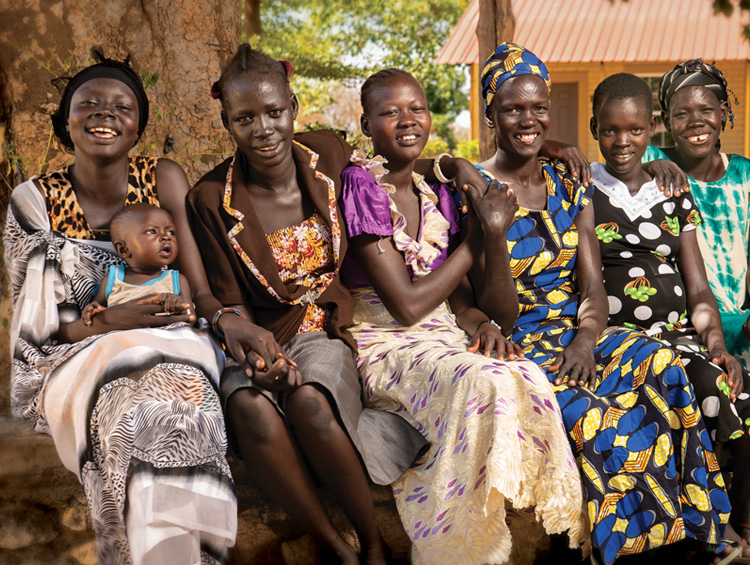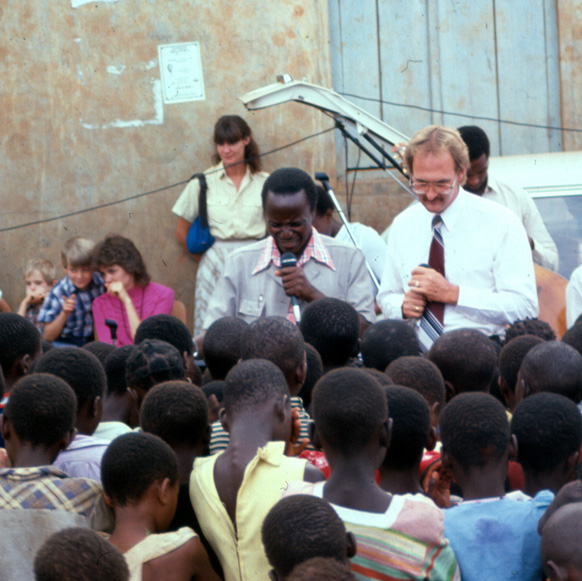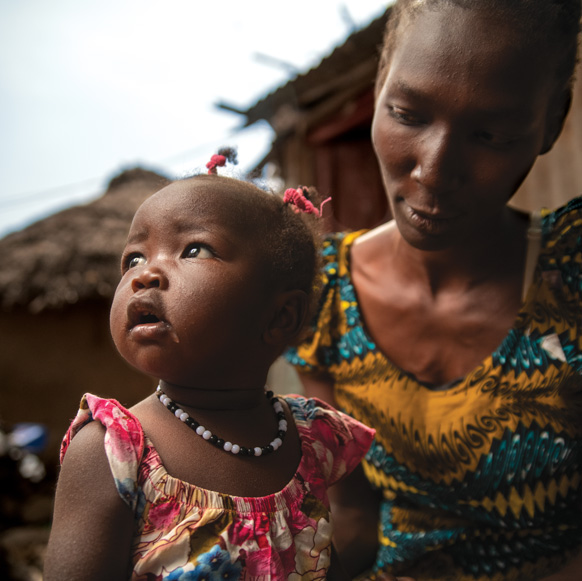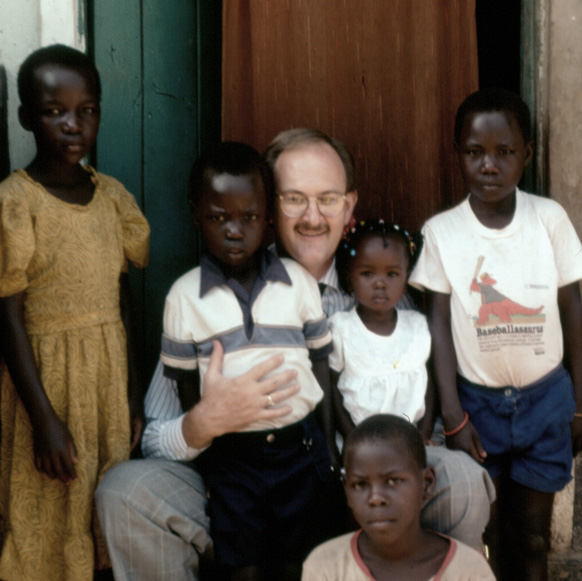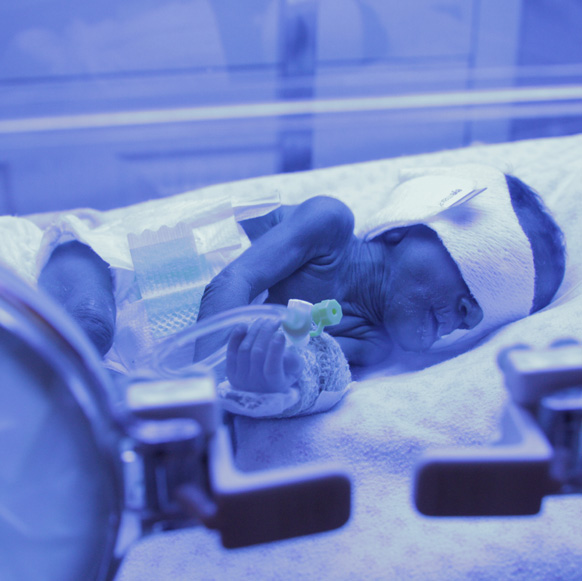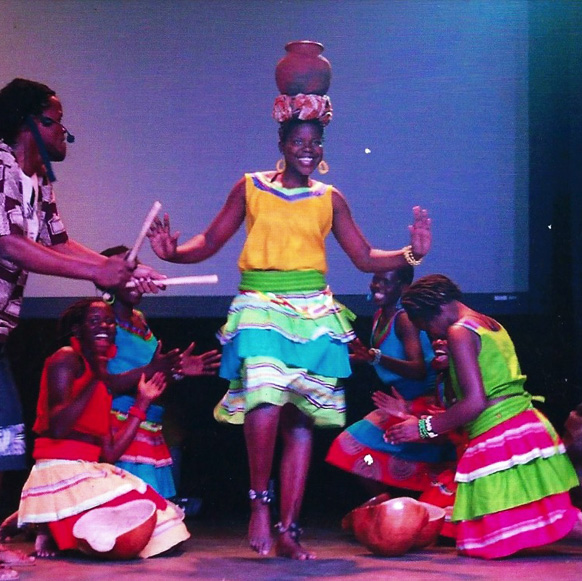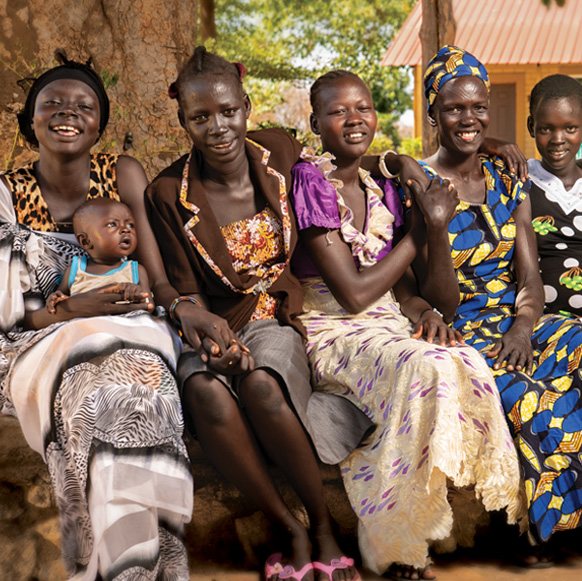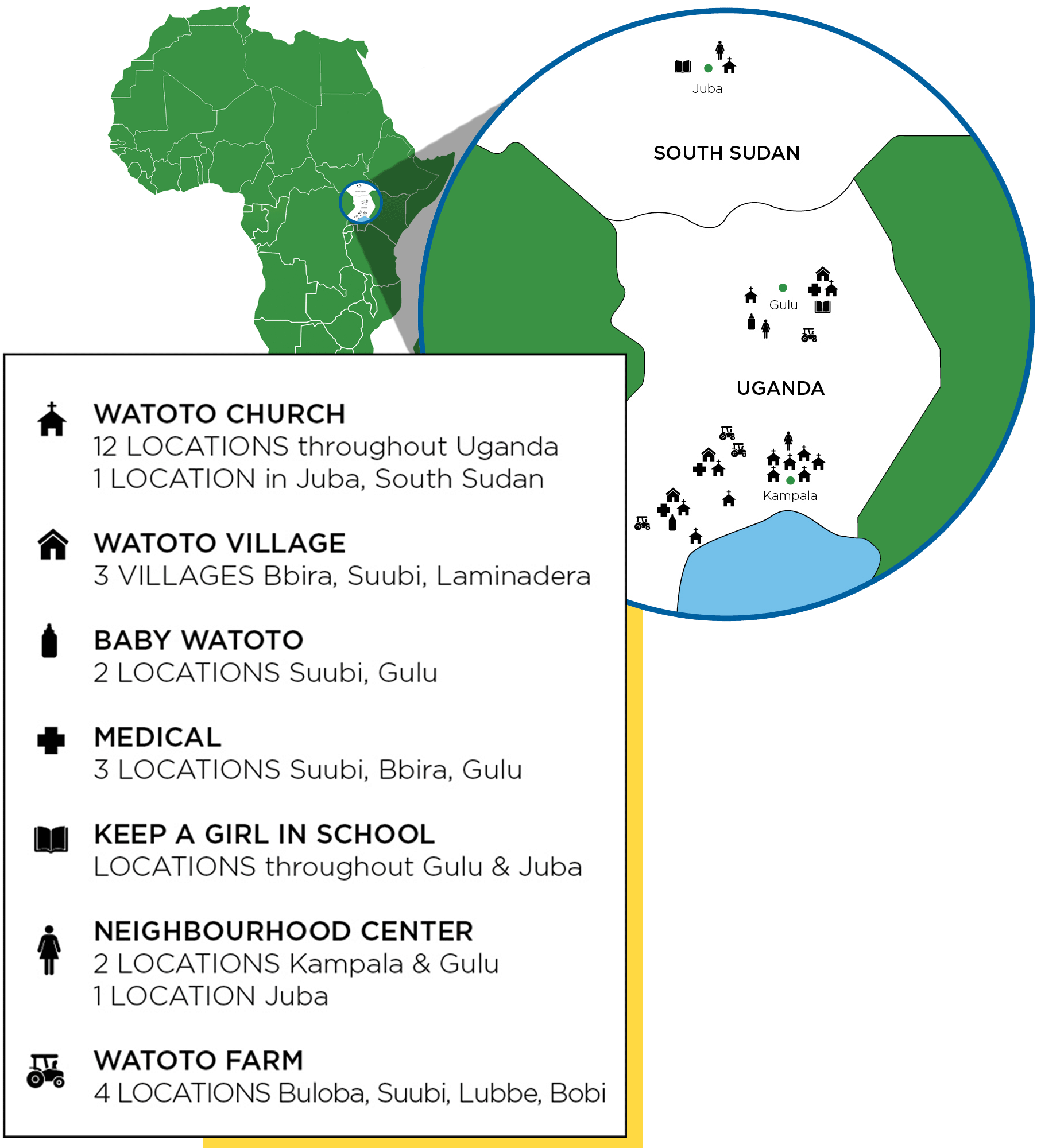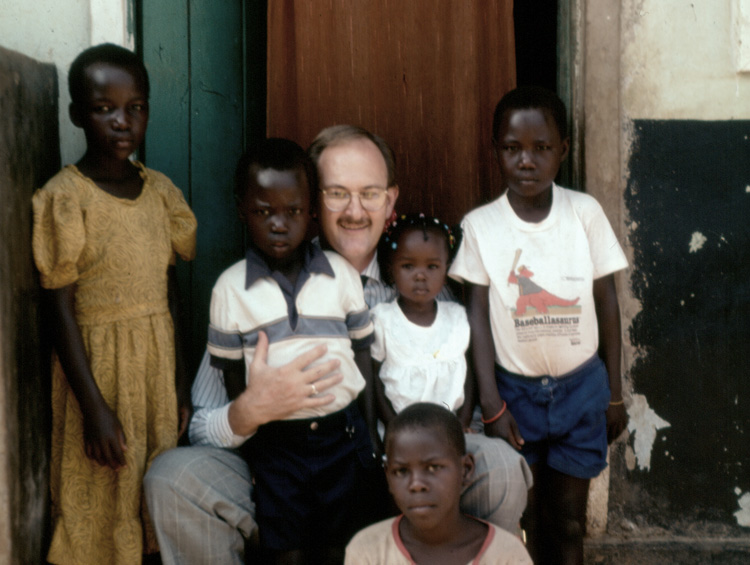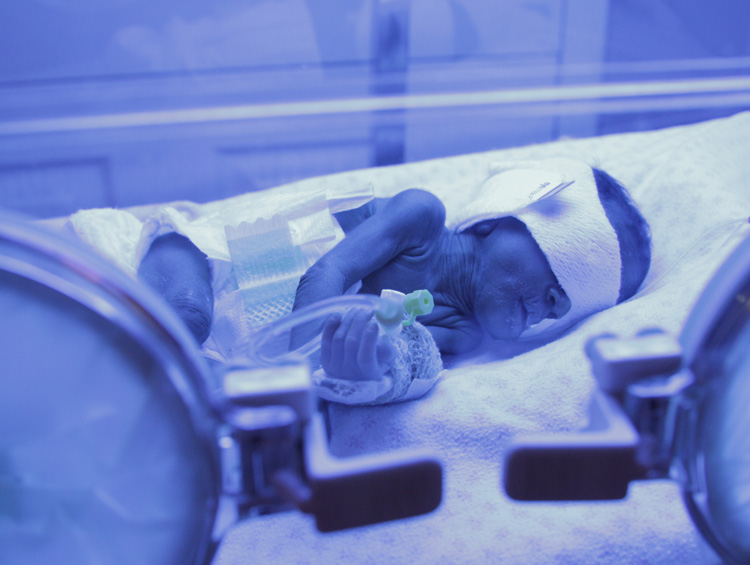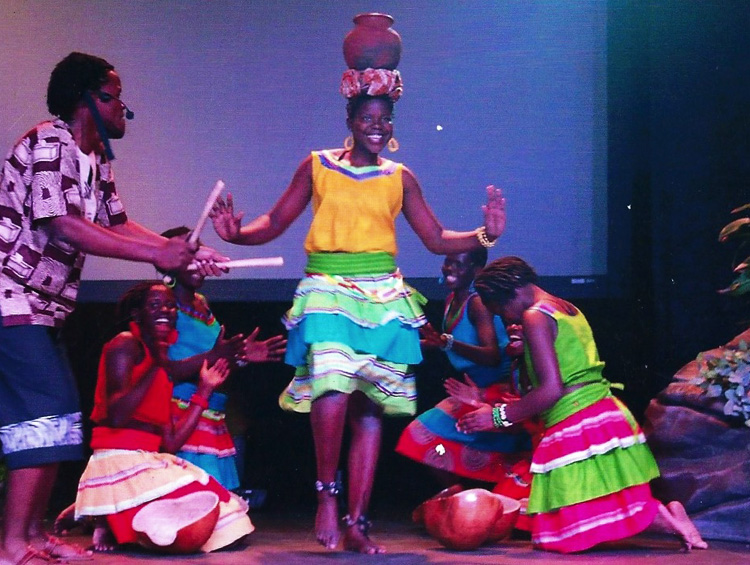Bringing hope and healing in Africa
Watoto is a family made of people from all over the world who are working together to ensure that the forgotten have a place to belong.
In 1984, during a time of civil war, we planted a local church in Kampala, Uganda to speak hope and life to the nation. Since then, we’ve rescued orphaned and abandoned children, placing them in loving families. And we’ve come alongside vulnerable women, equipping them with skills and empowering them to be the mothers and leaders God has called them to be.
To help our hurting neighbours, we also expanded our reach into South Sudan—embracing our sisters and brothers with the love of Jesus, and helping meet their most critical needs.
Bringing hope and healing in Africa
Watoto is a family made of people from all over the world who are working together to ensure that the forgotten have a place to belong.
In 1984, during a time of civil war, we planted a local church in Kampala, Uganda to speak hope and life to the nation. Since then, we’ve rescued orphaned and abandoned children, placing them in loving families. And we’ve come alongside vulnerable women, equipping them with skills and empowering them to be the mothers and leaders God has called them to be.
To help our hurting neighbours, we also expanded our reach into South Sudan—embracing our sisters and brothers with the love of Jesus, and helping meet their most critical needs.
Coming alongside the most vulnerable in our society
We rescue and raise children in a loving family and empower vulnerable women, so together, they can become leaders who impact their communities and rebuild their nation. Our prayer is that we give each woman and child a chance at a better future—a future full of promise.
In over 40 years, the challenges facing Africa have changed, but our vision remains the same. We are a local church committed to celebrating Christ and caring for community.
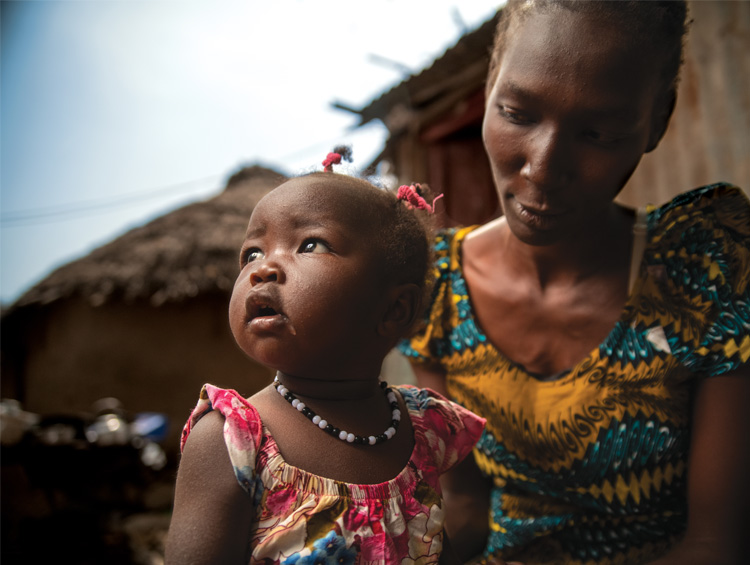
Coming alongside the most vulnerable in our society
We rescue and raise children in a loving family and empower vulnerable women, so together, they can become leaders who impact their communities and rebuild their nation. Our prayer is that we give each woman and child a chance at a better future—a future full of promise.
In over 40 years, the challenges facing Africa have changed, but our vision remains the same. We are a local church committed to celebrating Christ and caring for community.
Our sponsors and partners are making a lasting impact on the life of each woman and child that we reach together
WHERE WE ARE
Watoto began in 1984 in Kampala, Uganda. As the ministry grew, so did the need to facilitate support. Today, we have 11 support offices throughout the world where our partners and sponsors live. Each office is regulated by a local Board of Directors, ensuring good practices are followed at all levels.
This support enables us to meet the needs of the most vulnerable in Uganda and South Sudan. Take a look at the map below to see where our work is taking place throughout Africa.
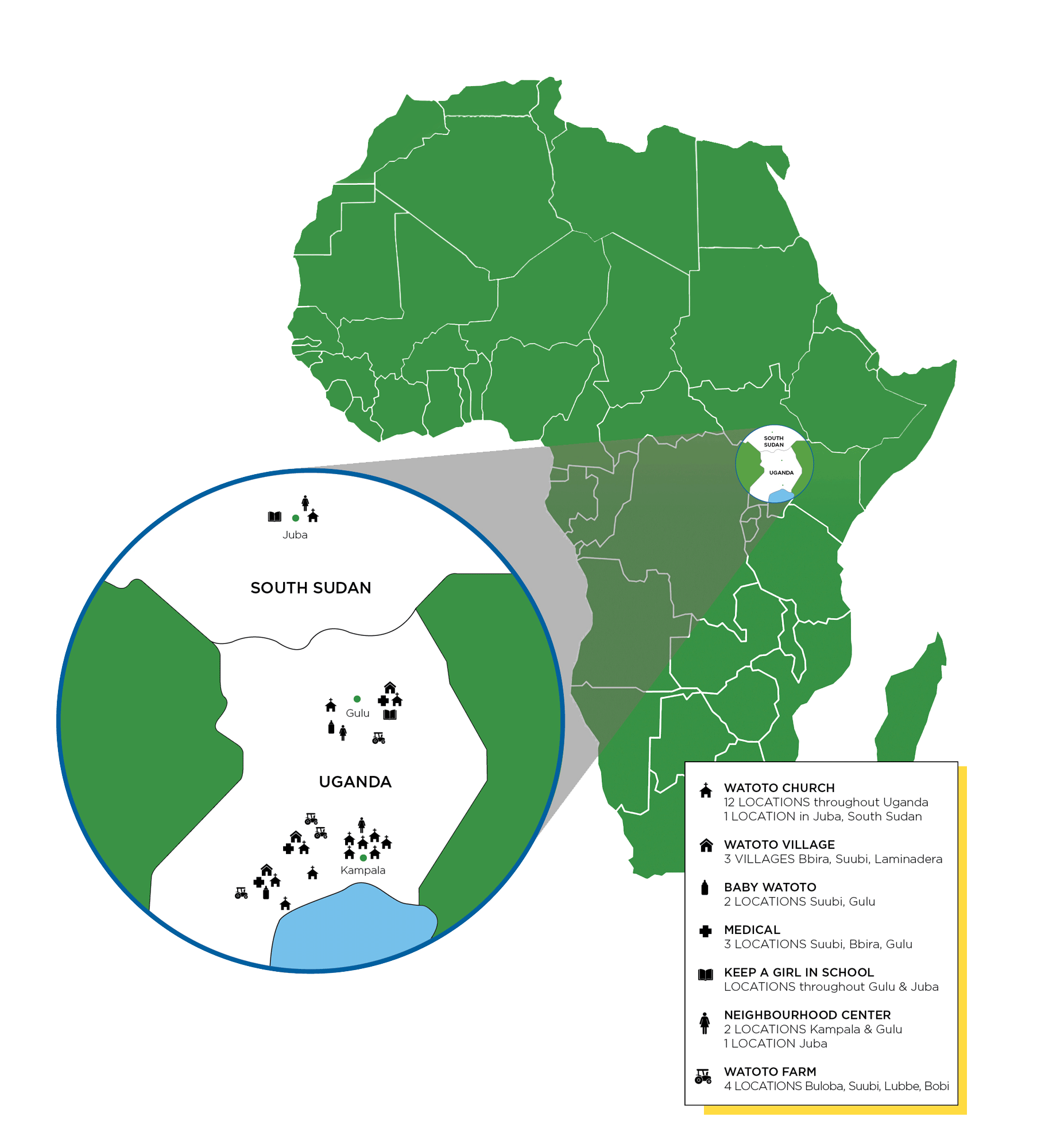
A few key milestones in our story
In the 1980s, Uganda was a broken place in the midst of a civil war. Watoto was launched to bring healing to its people, and help rebuild the nation.
We started as a local church to share the love of Jesus. In over 40 years, we have been meeting the greatest needs, wherever we find them.
1984
Gary and Marilyn Skinner planted Watoto Church in Kampala, Uganda.
1988
Gary Skinner heard God whisper about the orphan crisis as a result of AIDS.
1994
The first orphan child was rescued.
The Watoto Children’s Choir was birthed and began their first tour.
1995
The first home was built at a temporary location—Olive Gardens, Kampala.
1996
The first Watoto village was built and named Buloba. This village has since been repurposed and now provides housing for our retired Watoto mothers.
1998
The first home was built in the second Watoto village, named Bbira.
2003
The first home was built in the third Watoto village, named Suubi.
2007
Baby Watoto was started to meet the specialized needs of children rescued between the ages 0-2 years old.
2008
We launched Living Hope, which is now called Watoto Neighbourhood, to equip vulnerable women to care for themselves and their families.
2009
Project Gulu was started in response to the 25-year civil war caused by the insurgence of the Lord’s Resistance Army (LRA).
The first home was built in the fourth Watoto village, named Laminadera.
Baby Watoto Gulu was built.
2010
In order to raise awareness about the child soldier crisis in northern Uganda, we created a production called “Restore Tour: Child Soldier No More”, sharing the testimonies of children who were rescued.
Baby Watoto Suubi was built.
2012
We launched Watoto Church in Juba, South Sudan.
As part of our efforts to meet the greatest needs in our communities, we started our Keep a Girl in School initiative in Gulu, Uganda.
2016
We scaled up our efforts to empower vulnerable women through Watoto Neighbourhood, including assisting with their children’s education.
2018
We began our community care initiatives in Juba, launching Watoto Neighbourhood and Keep a Girl in School.
2019
We celebrated 25 years of traveling the world, and sharing the story of God’s healing and hope through our Watoto Children’s Choir.
WHERE WE ARE
Watoto began in 1984 in Kampala, Uganda. As the ministry grew, so did the need to facilitate support. Today, we have 11 support offices throughout the world where our partners and sponsors live. Each office is regulated by a local Board of Directors, ensuring good practices are followed at all levels.
This support enables us to meet the needs of the most vulnerable in Uganda and South Sudan. Take a look at the map below to see where our work is taking place throughout Africa.
A few key milestones in our story
In the 1980s, Uganda was a broken place in the midst of a civil war. Watoto was launched to bring healing to its people, and help rebuild the nation.
We started as a local church to share the love of Jesus. In over 40 years, we have been meeting the greatest needs, wherever we find them.
